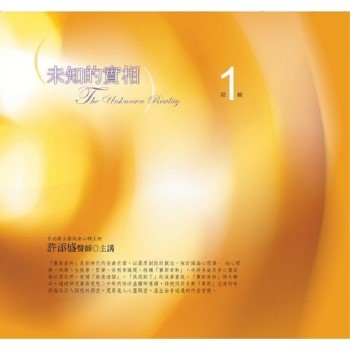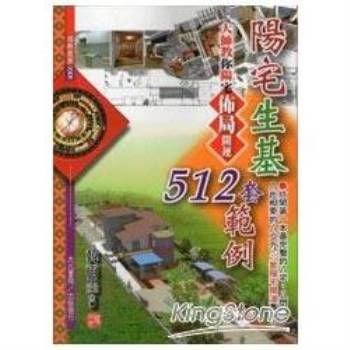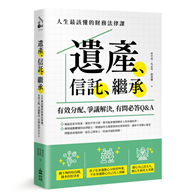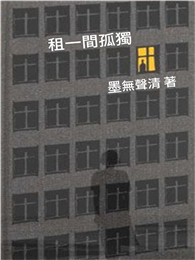In the 1950s and 1960s, immigration bureaucrats in the Department of Citizenship and Immigration played an important yet unacknowledged role in transforming Canada’s immigration policy. In response to external economic and political pressures for change, high-level bureaucrats developed new admissions criteria gradually and experimentally while personally processing thousands of individual immigration cases per year.
Making Middle-Class Multiculturalism shows how bureaucrats’ perceptions and judgements about the admissibility of individuals - in socioeconomic, racial, and moral terms - influenced the creation of formal admissions criteria for skilled workers and family immigrants that continue to shape immigration to Canada. A qualitative content analysis of archival documents, conducted through the theoretical lens of a cultural sociology of immigration policy, reveals that bureaucrats’ interpretations of immigration files generated selection criteria emphasizing not just economic utility, but also middle-class traits and values such as wealth accumulation, educational attainment, entrepreneurial spirit, resourcefulness, and a strong work ethic. By making "middle-class multiculturalism" a demographic reality and basis of nation-building in Canada, these state actors created a much-admired approach to managing racial diversity that has nevertheless generated significant social inequalities.












